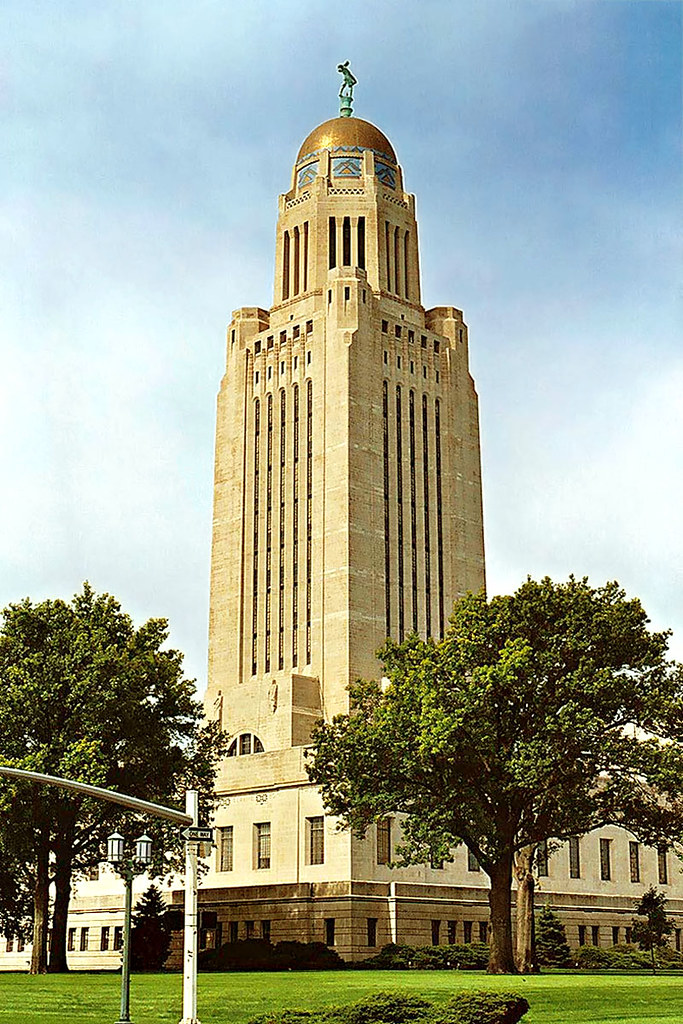Nebraska legislators are considering a proposal that would establish Opportunity Scholarships, a tax-credit scholarship program (TCS) for low-income students in the Cornhusker State. Tax-credit scholarship programs allow qualifying families to pay for tuition and fees at private and parochial schools, as well as at a public school located outside of the student’s school district, using scholarships provided by donors, who, in return, receive tax credits.
Under the proposed program, nonprofit organizations, after receiving approval from the state, would be eligible to grant scholarships to children from families who qualified for benefits from the Supplemental Nutrition Assistance Program.
Beginning in 2022, individuals, married joint-filers, partnerships, limited liability companies, estates, and trusts would donate to these nonprofits in exchange for a 50 percent tax credit for their income tax liability for that year. Also, “any amount of the tax credit that is unused may be carried forward and applied against the taxpayer’s income tax liability for the next five years immediately following the tax year in which the credit is first allowed.” The total cap on donations would be $10 million.
Currently, with 26 different programs in 21 states and more than 1.2 million scholarships granted, TCS programs are the most popular form of private school choice in the country.
Copious empirical research on school choice programs such as tax-credit scholarships makes clear these programs offer families improved access to high-quality schools that meet their children’s unique needs and circumstances, and that these programs improve academic performance and attainment and deliver a quality education at lower cost than traditional public schools. Additionally, these programs benefit public school students and taxpayers by increasing competition, decreasing segregation, and improving civic values and practices.
Research also shows students at private schools are less likely than their public school peers to experience problems such as alcohol abuse, bullying, drug use, fighting, gang activity, racial tension, theft, vandalism, and weapon-based threats. There is also a strong causal link suggesting private school choice programs improve the mental health of participating students.
It is probably for these reasons, and also because teacher unions have repeatedly played politics with school closings during the COVID-19 pandemic in direct conflict with students’ best interests, that education choice programs are more popular with parents than ever before. Polling done by Choice released in December 2020 found 74 percent support for tax-credit scholarship programs among the general public and 78 percent among current school parents. These findings are mirrored in the American Federation for Children’s seventh-annual National School Choice Poll, released in January 2021, which saw 67 percent support for tax-credit scholarship programs.
Currently, private school choice in Nebraska is literally nonexistent. Therefore, enacting a TCS program would be a great first step for the Cornhusker State and would give low-income Nebraska families a greater opportunity to meet the unique education needs of their children. While Opportunity Scholarships would be a great first step, the final goal of public education in Nebraska should be to allow all parents to choose which schools their children attend, require every school to compete for every student who walks through its doors, and make sure every child has the opportunity to attend a quality school. There has not been a time when providing these opportunities has been more urgent and more needed than right now. Legislators should recognize that and allow families as many options as possible to get their children the education they need and deserve.
